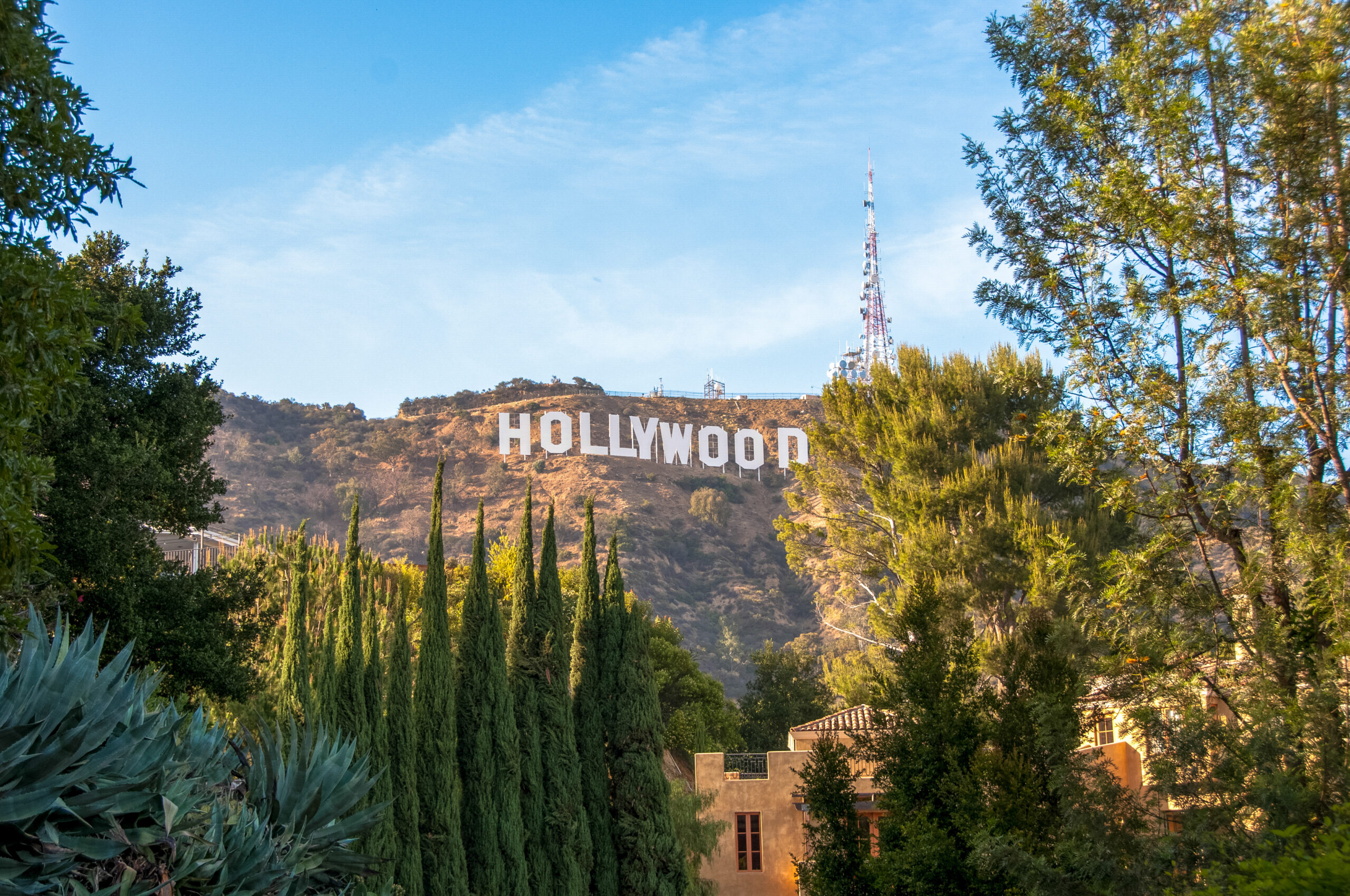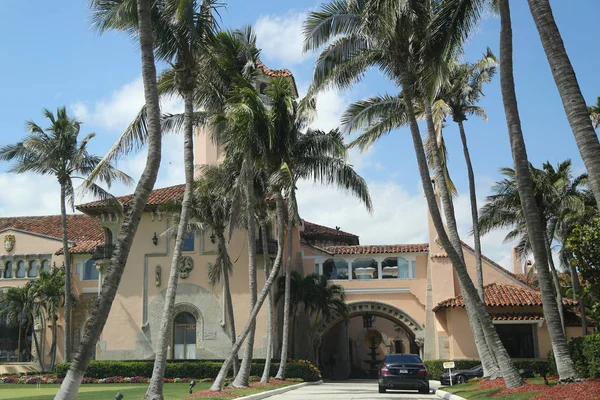The Human Hollywood
The LA fires bring to mind the less rarefied side of the stars.

I have never set foot in California, but as I watched the awful, authentically apocalyptic images this week of Los Angeles overtaken by fire and smoke, I could not help but react with something like heartache.
Scenes of such grave devastation would be shocking no matter where they occurred, but somehow they hit me harder for having befallen Los Angeles—a place, as unlikely as it may sound to my faithful conservative readership, that I have long felt an unlikely, long-distance, but genuine connection with.
Although I live and work in Columbus, Ohio, I have spent much of my career writing about the movies, which means that I have spent a fair amount of time interviewing, talking with, or simply getting to know some of the people who make them. You may not have heard, but such people tend to live and work in Hollywood, or at least spend much of their time there. What follows are some of my adventures talking to Hollywood people over the phone.
My encounters, however remote or impersonal, with actors, directors, and other moviemakers have generally been positive: In my experience, people who earn a fulsome living by entertaining the public tend to be agreeable and eager to please, especially those veterans who practiced their trade in an earlier, pre-woke version of Hollywood.
One of the first memorable interviews I conducted was with the actor-producer Norman Lloyd, who will be familiar to Hitchcock fans as the malevolent-looking man who tumbles from the Statue of Liberty in Saboteur and might be known to more recent generations of moviegoers as the irascible headmaster in the Robin Williams movie Dead Poets Society. In 2004, when I called him for an interview about his mentor Orson Welles, Lloyd was 89 years old and in no mood for nonsense: He admonished me to speak more loudly and more clearly, and he took exception to an early question that, by his lights, had no bearing on our agreed-upon topic. Somehow, I managed to keep him from hanging up on me, and as we got accustomed to each other, he eventually expounded freely on Welles, Hitchcock, Charlie Chaplin, and Jean Renoir.
In fact, I have found that movie people enjoy rehashing their greatest hits. In 2017, I had the opportunity to interview Robert Redford, and although I fulfilled my assignment to ask him about his work with director Michael Ritchie—who directed Redford in the films Downhill Racer and The Candidate—Redford eventually got on the topic of the genesis and development of All the President’s Men. What was I going to do—ask him to stop? No less verbose were Bruce Dern and Al Pacino.
When I interviewed them for various magazine or newspaper pieces, Patty Duke was all too happy to tell me about making The Patty Duke Show, which had gone off the air some four decades earlier, and the B-movie producer Roger Corman was positively delighted to tell me about his experience making movies for the drive-in circuit in the 1960s.
Sometimes I even managed to ask stars about matters of local interest: The celebrity impressionist Rich Little agreed to an interview about his long-ago appearance with the Kenley Players, an Ohio summer theater troupe; the actress Anjelica Huston was great fun when discussing her unrealized dream of adapting for the screen novels by Dawn Powell, a great writer born in Mount Gilead, Ohio.
My favorite show-business contacts, though, were those old-time pros who toiled behind-the-scenes. I got to know Dann Cahn, the gregarious chief editor of the sitcom I Love Lucy who left me voicemails that proudly, and invariably, identified where he was calling from: “This is Dann Cahn in Hollywood.” I was once “patched through” to talk to the famous Western producer A.C. Lyles while he was on the lot of Paramount Pictures. One good friend was the editor Bud Molin, who worked on many Carl Reiner comedies and who was living proof that Republicans did exist in that land out West. Knowing my own political perspective, Bud once emailed me a clip of an ancient movie starring Bob Hope in which Hope, having been given the definition of a zombie, says: “You mean like Democrats?”
Did my interactions with Hollywood from afar leave me star struck?
Quite the opposite. Even the biggest stars, or the moviemakers I admired the most, seemed quite human in a phone conversation—their memories failed them, and they rambled like anybody else. In the middle of an interview, Carl Reiner asked me how to navigate the Internet Movie Database.
For churning out films of questionable quality and moral value, present-day Hollywood deserves its reputation as having an often toxic influence on the public, but let us not forget that the fortieth president emerged from that cauldron—and, on the basis of the log of films viewed by Ronald and Nancy Reagan, as preserved on the Reagan Library’s website, he continued to take in the pictures even while running the country: What did he think of E.T., viewed at Camp David in June of 1982? What was going through his mind as he rewatched his own classic, Knute Rockne, All American, in August of 1982 at the White House and October of 1987 at Camp David? Why did he view the Harrison Ford movie Witness back-to-back in February of 1985? In any event, if Reagan found time away from conquering the Evil Empire to watch The Natural and Pale Rider, Hollywood couldn’t be all bad, could it?
As for me, my Hollywood encounters have left me with an abiding affection for Hollywood people—and the opportunity, from time to time, to say to friends “I know that person!” when one of their movies turns up on television.
The post The Human Hollywood appeared first on The American Conservative.

